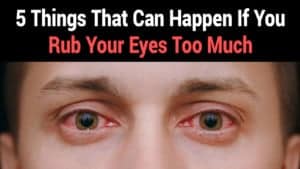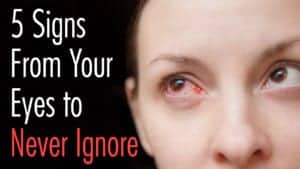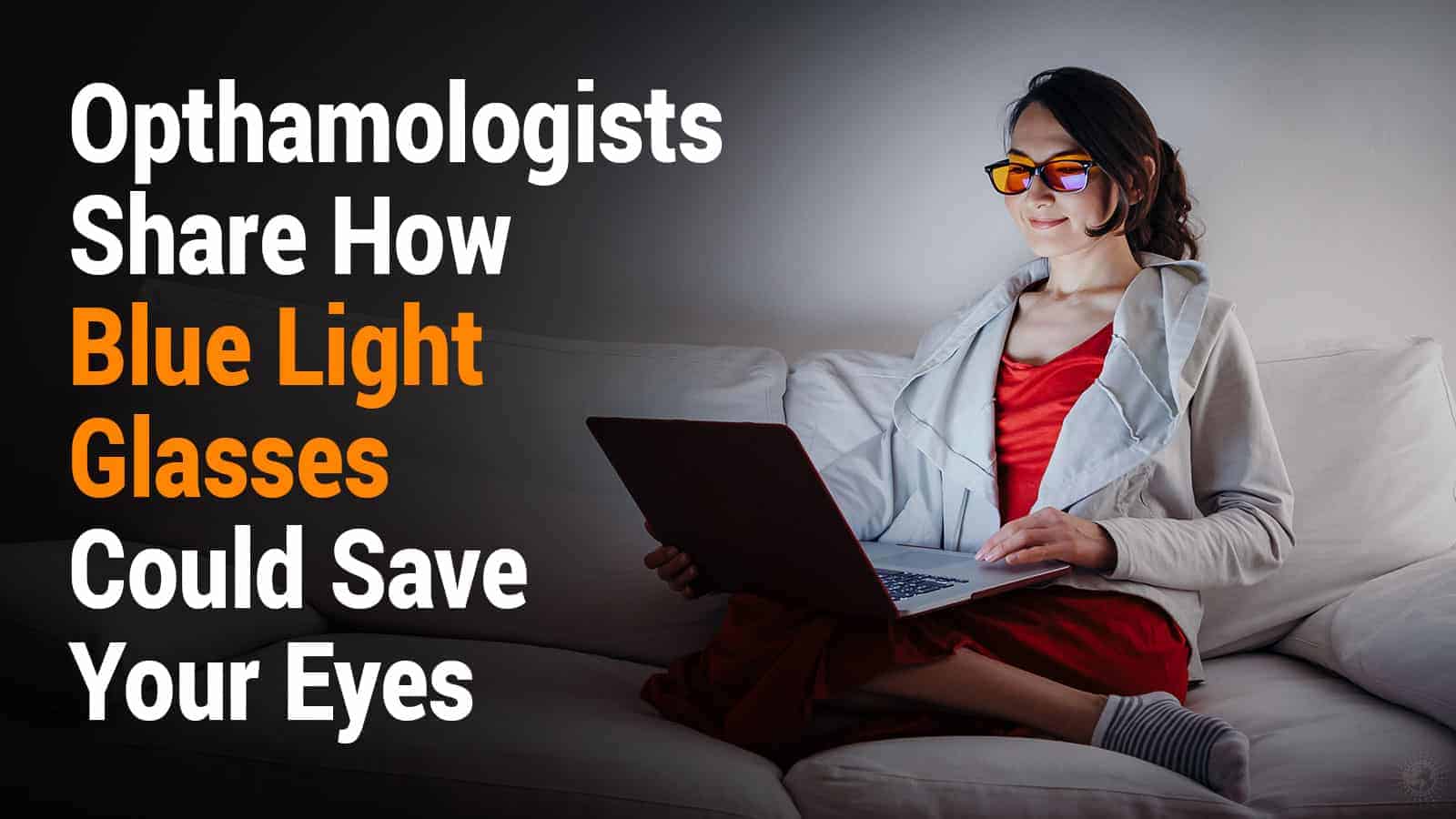Have you considered using blue light glasses to protect your eyes?
According to data compiled by the Vision Council of America, more than 75 percent of the global population uses glasses or contacts to achieve 20/20 vision. While poor vision can be a matter of genetics, individual lifestyle choices can make things worse. S, what is one of humankind’s worst habits of today? We stare at a computer or smartphone screen for several hours each day. The right frame can enhance your features, whether you have an oval, round, square, or heart-shaped face. Choosing the right frame goes beyond lens clarity and vision correction. Please visit a trusted resource like Low Cost Glasses for more info.
Let’s further put this into perspective. In an article featured in Harvard Health Publishing, the consumer health education division of Harvard Medical School, Dr. Matthew Gardiner, an ophthalmologist with the Massachusetts Eye and Ear Infirmary, states that chronic and prolonged use of these devices can cause computer vision syndrome.
Symptoms of the condition include eye strain and also xerophthalmia (dry eyes). For many people, spending less time on their computers or smartphones is not an option. Fortunately, blue light glasses can help minimize the risk of developing computer vision syndrome. Furthermore, they might prevent the worsening of your vision. You can also check out some good eyeglasses similar to cheap varifocal glasses here if you need varifocals that are ideal for people who need vision correction for both near and farsightedness!
WHAT YOU SHOULD KNOW ABOUT COMPUTER VISION SYNDROME
We will explore how blue light glasses can protect eye health. But first, let’s look at the extent to which computer vision syndrome can impact one’s vision and overall health.
According to Dr. Matthew Gardiner, a healthy blink rate is 15 times per minute. After staring at a screen for a long time, one’s blink rate can fall to 5 or 7 times per minute. Furthermore, this decline is what leads to xerophthalmia, blurred vision, and general eye discomfort.
Let’s put it this way. Blinking allows you to replenish tear film, the thin layer of liquid that protects the surface of the eyes. That action keeps your eyes hydrated.
Along with dry eyes, many people that develop computer vision syndrome will also experience eye pain, ranging from mild to moderate. According to Dr. Gardiner, this aspect of computer vision syndrome is often a byproduct of the bright lights on these devices and adds that the problem can be even worse for those who wear contact lenses.
In short, the more strained your eye muscles become while staring at your screen, the more likely you’ll develop headaches Worse yet, you may even develop migraines.
The positive side of blue light
On the other hand, exposure to blue light during the day does offer some positive benefits, according to the same study published by Harvard Health Publishing. Some of these positive benefits they mention include the following:
- Helps boost attention
- Improves reaction times
- Improves overall mood
HOW BLUE LIGHT GLASSES CAN HELP PROTECT EYE HEALTH
Blue light glasses, which come in prescription and non-prescription options, block the penetration of blue light, a color in the visible light spectrum that is visible to human eyes. This light links to a variety of vision problems, including macular degeneration.
This same light also causes a decline in melatonin, the sleep hormone, which occurs when we stare at computers, smartphones, tablets, and other devices at night. Thus, staring at these devices for long periods at night confuses the brain by allowing it to believe that it is daytime.
As a result, melatonin production starts to decline and eventually leads to a disruption in sleep patterns. That said, several well-regarded studies show that the use of blue light glasses can help boost melatonin, minimize eye strain, and prevent dry eyes.
HOW DO BLUE LIGHT GLASSES WORK?
The lenses that make up blue light glasses contain a yellow tint that filters the blue light that transmits from computers, smartphones, tablets, and other devices away from your eyes.
However, the benefits do not stop there. According to Dr. Sheri Rowen, a California-based ophthalmologist, the special tint on these lenses also specifically reduce eye strain and help minimize disruption to the circadian rhythm cycle.
WHAT IS BLUE LIGHT?
First and foremost, blue light doesn’t appear blue to the naked eye. Moreover, the term blue light refers to the degree of light within the visible light spectrum that contains the shortest wavelength, typically between 400 and 500 nanometers, and the highest amount of energy. Although the human eye, namely the cornea, can block UV rays that would otherwise reach the retina, the same does not apply to blue light.
As a result, when blue light passes through the cornea and reaches the retina, most people will experience many of the symptoms. Scientists are also exploring a possible correlation between exposure to blue light, especially at night, and other chronic diseases.
For these reasons, many ophthalmologists, opticians, and optometrists routinely recommend blue light glasses as a way to not only support good eye health but also to reduce the risk of developing diseases that can impact the body.
BLUE LIGHT AND CHRONIC DISEASES
In addition to contributing to eye strain, dry eyes, and effecting sleeping patterns, excessive exposure to blue light may increase the risk of developing diabetes, according to a study published by UPI (United Press International), an international news agency based in Boca Raton, FL. The study, which was performed using lab mice, revealed that those exposed to blue lights, either from a computer, tablet, smartphone, or other devices, exhibited noticeably higher fluctuations in blood glucose, which is usually a precursor to diabetes, compared to those that were not.
Also, excessive exposure to blue lights may increase the risk of developing certain cancers, according to a study conducted by the Moffitt Cancer Center. In short, the study showed that exposure to this type of light doubles a man’s chances of developing prostate cancer and can also increase a woman’s chances of developing breast cancer by as much as 50 percent. Collectively, these two studies further illustrate the importance of investing in blue light eyeglasses as a way to protect your eye health and overall health.
HIGH CONSUMER DEMAND FOR BLUE LIGHT EYEGLASSES
Because more consumers are now aware of how exposure to blue light can impact their vision and overall health, the demand for blue light eyeglasses continues to rise. In fact, many popular eyeglass brands now offer eyewear with blue light lenses.
Some of the eyeglass brands that have jumped on this proverbial bandwagon include Warby Parker and Felix Gray. Both brands offer options with or without prescription blue light lenses. There are also a few brands that come with yellow or orange lenses, which filter out even more blue light. Two of these brands include TrueDark and Blubox. All in all, there are multiple ways to go about protecting your eyesight while remaining fashion-forward.
 HOW TO TREAT AND PREVENT SYMPTOMS CAUSED BY EXPOSURE TO BLUE LIGHT NATURALLY
HOW TO TREAT AND PREVENT SYMPTOMS CAUSED BY EXPOSURE TO BLUE LIGHT NATURALLY
So it’s probably safe to say that the more technology becomes interwoven into our day-to-day lives, the less likely people will give up their devices. That statement holds true even if those very devices start to compromise their health.
Fortunately, you have options when it comes to minimizing your exposure to blue light. Of course, wearing blue light glasses to filter out this harmful light is the first option. Additional ways to go about minimizing exposure to blue light include the following:
Artificial tears
If you already have eye strain or xerophthalmia as a result of excessive exposure to blue light, artificial tears can help improve tear film quality. Fortunately, they can relieve both of these symptoms.
Create some distance
If you tend to sit close to your computer, create some distance between yourself and your device. That tactic can help ease many of the symptoms of excessive blue light exposure. Ideally, you should sit at least 2 feet away from your computer. Also, if you use a smartphone to access the internet, hold your phone an arm’s length away from your face.
Reduce the brightness
Nearly all electronic devices have a night mode or some way of reducing its intensity. So take advantage of these features when using them at night.
 FINAL THOUGHTS ON BLUE LIGHT GLASSES
FINAL THOUGHTS ON BLUE LIGHT GLASSES
Excessive exposure to blue light does not cause permanent eye damage. However, it still causes eye irritation and may even lead to other health problems. Therefore, follow the tips detailed in this article and also speak with your eye doctor. He or she can guide you on measures to prevent eye strain and blurred vision that arise from excessive exposure to blue light. And, you can opt for some stylish blue light glasses.

















